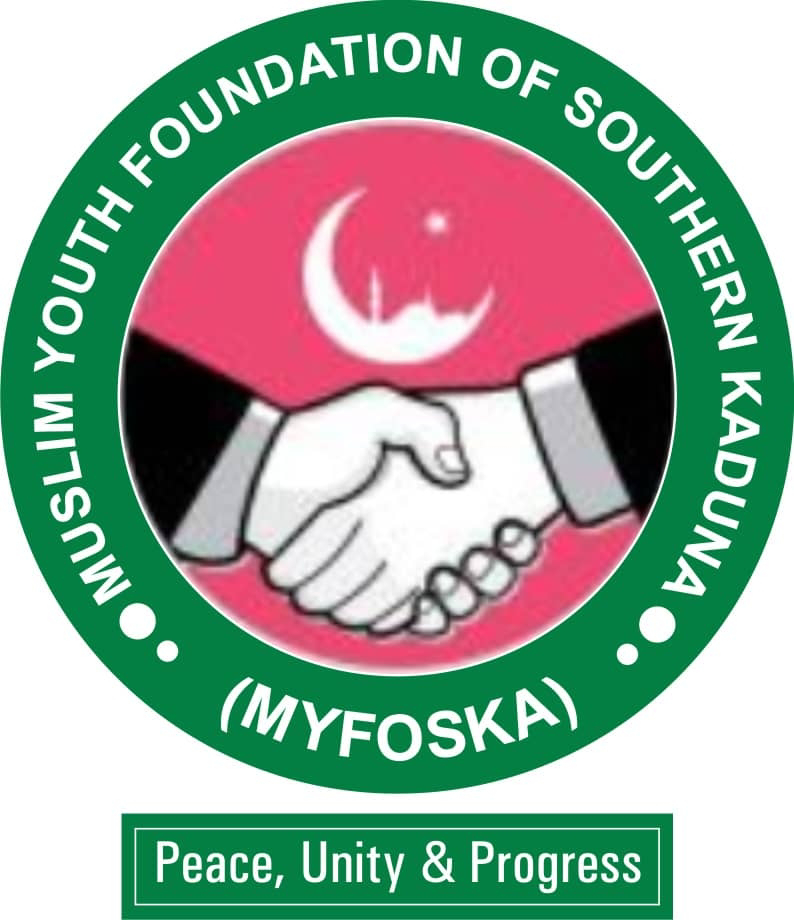By Abdullahi Abdurrahman, Kaduna
The Southern Kaduna Muslim Ummah (SOKAMUDA) and the Muslim Youth Foundation of Southern Kaduna (MYFOSKA) have raised concerns over the marginalization of Muslim communities in Southern Kaduna. During a presentation to the National Assembly Committee on Constitutional Amendment, the groups highlighted several issues affecting their community.
One of the concerns raised was the exclusion of Muslim communities from the agitation and deliberations on the proposed Gurara State. SOKAMUDA and MYFOSKA objected to the exclusion, citing that Muslims constitute over 40% of the population in Southern Kaduna. "We emphasize the need for all stakeholder communities to be consulted as enshrined in the constitution," they said.
The groups also raised concerns over the settler/indigene dichotomy, which they believe is a tool of marginalization. "Muslim communities in Southern Kaduna are not strangers or settlers but co-founders and legitimate stakeholders in the region," they argued, citing historical evidence.
SOKAMUDA and MYFOSKA highlighted the issue of land ownership and denial of rights to shelter and farming. "Many Muslim communities in Southern Kaduna face systemic denial of access to land for farming, residence, or religious structures," they said.
The groups called on the National Assembly to consider their concerns and recommendations, emphasizing the need for fairness, equity, and justice. They recommended revisiting the Gurara State proposal, abolishing the settler/indigene dichotomy, and enshrining in the Constitution the right of all citizens to acquire and own land anywhere.
"We believe that reforming the Land Use Act and officially recognizing the cultural heritage and historical contributions of Muslim communities in Southern Kaduna will help address the marginalization," SOKAMUDA and MYFOSKA said.
Tags
Reform

